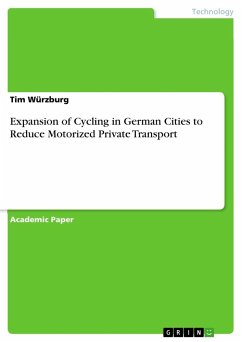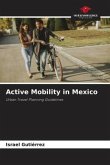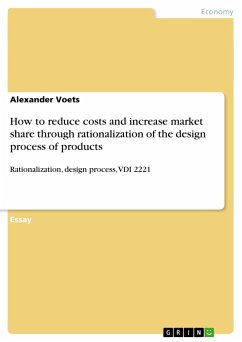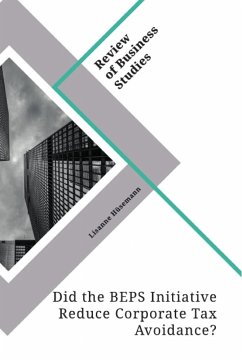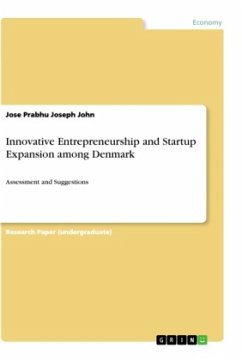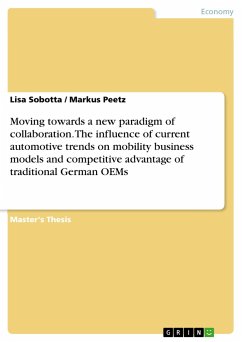Academic Paper from the year 2021 in the subject Transportation Science & Technology, grade: 1,3, University of Applied Sciences Dresden, language: English, abstract: In this scientific paper, the authors ask the question: Is it possible to reduce motorized private transport by expanding the bicycle infrastructure in German cities? The bicycle is an environmentally friendly and health-promoting alternative to motorized private transport and is also more cost-effective. Currently, the bicycle is not yet being used to the extent that it could be. Far too many people resort to the car for a variety of reasons. This paper examines possible reasons, such as safety issues, time, weather, and road users' states of mind, that prevent daily bicycle use. In the following, measures and guidelines are presented on how it is possible to enable safer, more structured, and more flexible bicycle traffic in German cities and thus exert a positive influence on the overall traffic. The focus is on infrastructural measures such as improved marking of bicycle lanes, the development of bicycle highways or new concepts for crossing areas, the development of a joint concept between public transport and a traffic-regulating fee for motorized private transport. Since a gap in the research on whether these measures can be implemented in the eastern German city of Dresden was found, a SWOT matrix is used to analyze the concrete possibilities that can be implemented and to evaluate possible opportunities and potential risks. The strengths as well as the weaknesses, that emerge from the cityscape, society, and political measures, serve as a basis.
Hinweis: Dieser Artikel kann nur an eine deutsche Lieferadresse ausgeliefert werden.
Hinweis: Dieser Artikel kann nur an eine deutsche Lieferadresse ausgeliefert werden.

